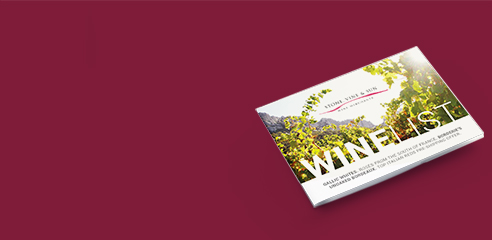Wine as an Investment?
28th May 2014
A recent article in the Daily Telegraph on wine investment, written with no explanation of the methodology of the study, and no qualification, brought on a Mr Angry of Hampshire moment. I fired off this letter in response. It was published (today) but the last third was hacked off, so here is the full version.
Sir - Your article (May 21st) and online (titled “The best investment of the 20th century? Red wine”) will no doubt prompt more people to consider wine as an investment. Salesmen at top, honest wine businesses and fraudulent ones (two more were closed by the High court on the 14th May) alike must have been delighted that they can now use these unqualified headlines to lure more people into “investments” which are likely to either disappoint or prove catastrophic. As much as anything, the particular study reported is highly selective: to measure investment in wine by the first growths of Bordeaux alone is like calibrating investment in the art market by only considering prices for Cezanne, Van Gogh and Picasso.
As a country wine merchant I am frequently asked by my customers about wine investment. Almost invariably I advise against it, for many reasons. First, it’s not a level playing field. Very wealthy people, who buy and consume enormous quantities of wine, have access to the finest “investment grade” wines in top vintages, and in addition will pay less than you do. Second, there are considerable costs in terms of storage, insurance and selling commission which tend to be ignored. Third, the fine wine market has witnessed an arguably one-off upsurge in prices since 2000, in part based on the entry of Chinese buying, but also on account of the search for alternative investments since the financial crisis of 2008. Fourth, the Bordeaux Chateaux, feeling that the secondary market was making too much money out of their wine, increased their prices dramatically for the 2009 and 2010 vintages, thereby raising the bar for entry hugely and also damaging prospects for future price growth. Finally, far too much fine wine over the last decade has been bought for investment alone, but wine is not like diamonds or gold or art. At some point it needs to be drunk, and a lot of this wine bought for investment has become too expensive for all but the super wealthy to consume: this is a hitherto unknown threat.
So what is happening to wine prices now? At a time when most global economies are in recovery, fine wine is falling in value. The Fine Wine Fund / Liv-ex unit performance shows 13 straight months of lower prices and has lost over a third of its value since the start of 2012; and many top Bordeauxs of the great 2009 and 2010 vintages are now available for less than their release prices. Buying more than you need and reselling some to reinvest has long been an English middle class pleasure, but for all the reasons above please don’t buy wine as part of any serious investment strategy unless you are super-rich. Wine is for drinking not investment.
Simon Taylor
Stone, Vine & Sun, Hampshire



